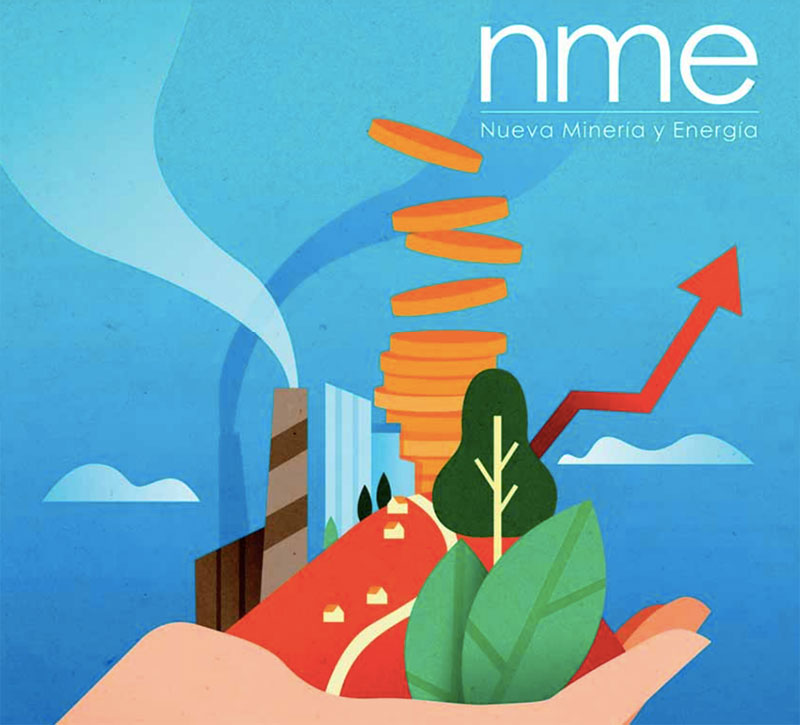
Renewable energies
MR. DIRECTOR
Chile ranks number one in the world ranking of renewable energies. We knew the news since late 2018, when it was first chosen as a global renewable energy leader in Bloomberg’s Climatescope 2018 report, considering its fundamentals, opportunities and experiences.
Chile is identified as one of the most attractive countries to develop renewable energy power projects. This is no longer surprising, given the policies consistently implemented by the last four governments, which have accelerated investment in wind and photovoltaic energy, and which will reach the goal of 20% of non-conventional renewable energies before the 2025 target set by law, reducing the impact on the environment. In addition, the decision, agreed with the generating companies, to abandon coal and gradually clean up our electricity matrix.
This good news does not come alone; wind and solar energy are highly variable over time (the sun does not shine at night), so they must be backed up by other technologies, in what is known in the industry as complementary services. Our electricity system requires greater flexibility, which must face new backup and investment costs.
But the challenge is not in electric renewables; given their economics, they are coming on their own. The challenge is how to decarbonize the entire energy matrix, industry, mining, construction, the transportation sector, agriculture, fishing and aquaculture, etc.; how we move these sectors to zero fossil fuels, that is the real challenge we face as a country.
Hugh Rudnick



